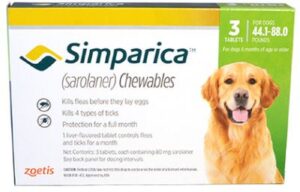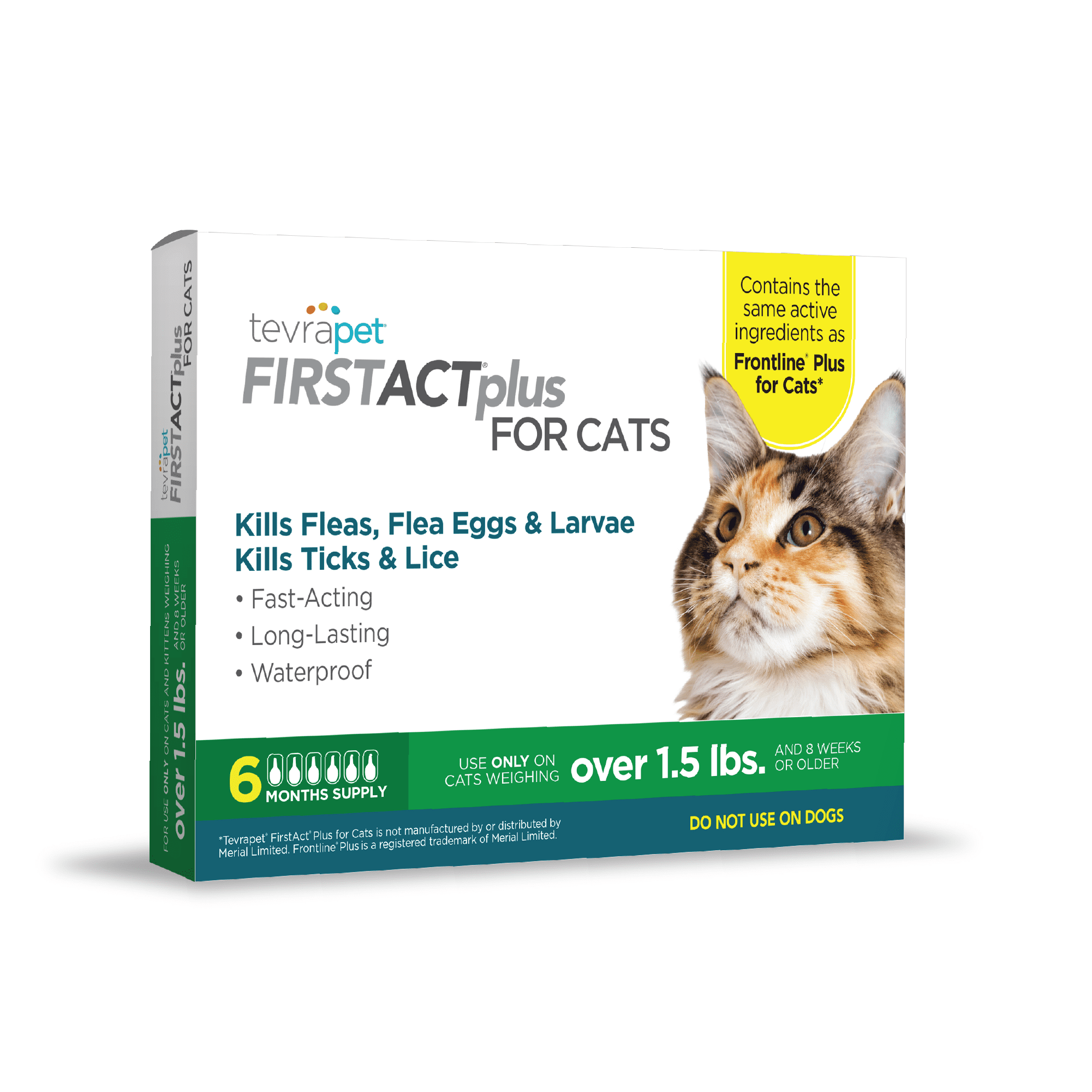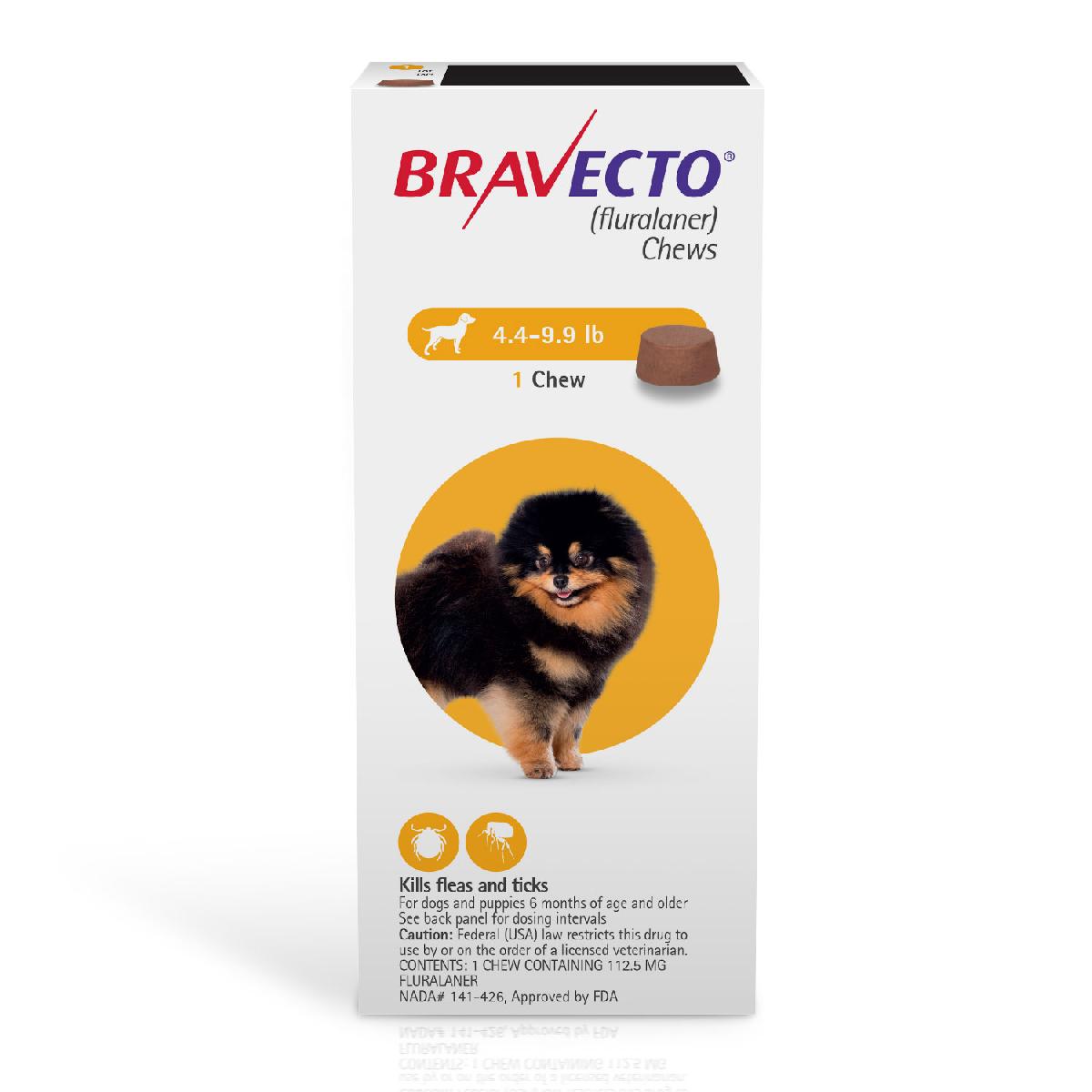

The FDA continues to monitor adverse drug event reports for these products and encourages pet owners and veterinarians to report adverse drug events. “Although most dogs and cats haven’t had neurologic adverse reactions, seizures may occur in animals without a prior history,” the FDA claims. The department considered public complaints, veterinarians’ reports, peer-reviewed scientific articles, and mandatory reports from the drug companies in its decision to issue the warning.īoth dogs and cats are at risk if they take these medications.Īnimals have been reported experiencing the following symptoms after regular use of the isoxazoline drugs: The FDA approved Nexgard for flea treatment in dogs in September 2013, Bravecto in May 2014, Simparica in February 2016, and Credelio in January 2018. The drugs were each evaluated by scientists prior to approval, but the FDA maintains that unexpected side effects may emerge when such products are exposed to a much wider population over a longer period of time. The medications have all been approved by the FDA, but new information has emerged. “Veterinarians should use their specialized training to review their patients’ medical histories and determine, in consultation with pet owners, whether a product in the isoxazoline class is appropriate for the pet.” “The agency is asking the manufacturers to make the changes to the product labeling in order to provide veterinarians and pet owners with the information they need to make treatment decisions for each pet on an individual basis. “The FDA carefully reviewed studies and other data on Bravecto, Credelio, Nexgard and Simparica prior to approval, and these products continue to be safe and effective for the majority of animals,” said a statement from the FDA released on Sept. The FDA is warning pet parents that flea and tick medications may result in neurological issues. A growing amount of animals being treated with Bravecto, Nexgard or Simparica have experienced serious side effects, and the FDA is cautioning people that they may not be appropriate for all animals. Food and Drug Administration warns that isoxazoline-class drugs, commonly used to treat flea and tick infestations, could lead to neurologic issues in pets. Chewy has all the best flea and tick preventatives, including the ones your veterinarian recommends most.Pet owners and veterinarians need to check their medicine cabinets, especially if their animals are being treated for fleas and ticks. Your vet can advise you on what kind of prescription flea and tick medicine to choose and provide you with the prescription you need to buy it. Many of these prescription flea pills and chewables offer heartworm protection, as well. Several prescription oral flea and tick treatments can provide long-lasting pest deterrence that's water-friendly, too. Many are also water-resistant, so they won't interfere with regular bathing and grooming. Prescription flea and tick topical treatments are easy to apply and can provide continuous protection that lasts for a month or more. Most prescription flea medication for dogs also provides tick protection, but check the product label just to be sure.

The best flea and tick medicine will be easy to administer, suited to your dog's lifestyle, and effective for the climate you live in. Chewy carries several types of prescription flea and tick treatment, including prescription topical flea & tick treatment for dogs, prescription flea & tick pills for dogs and prescription flea and tick medicines that also prevent heartworms and other parasites.īefore you choose a prescription flea and tick medication, be sure to research your different options.

Keep biting pests from plaguing your pup with a prescription flea and tick medicine for dogs.


 0 kommentar(er)
0 kommentar(er)
